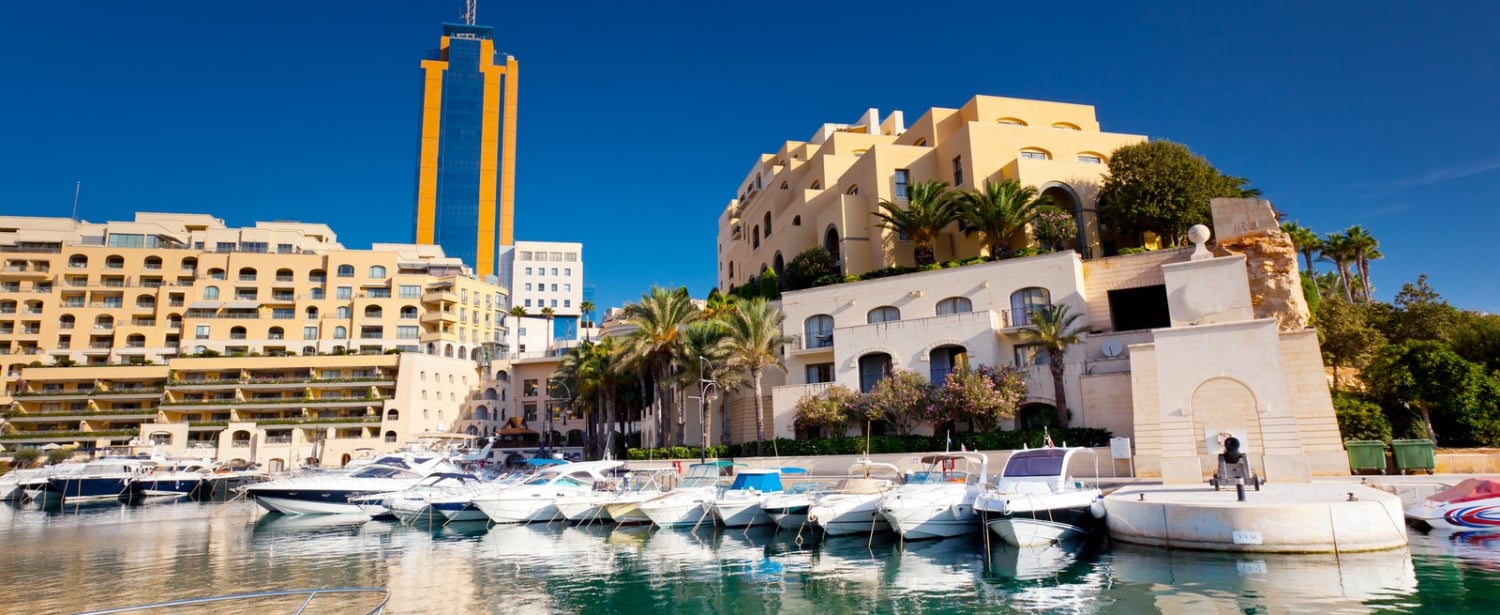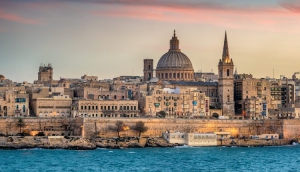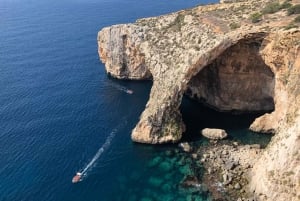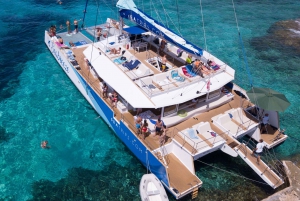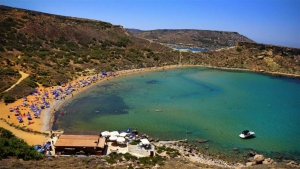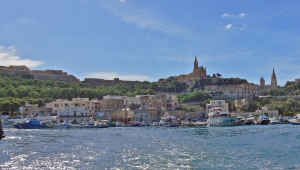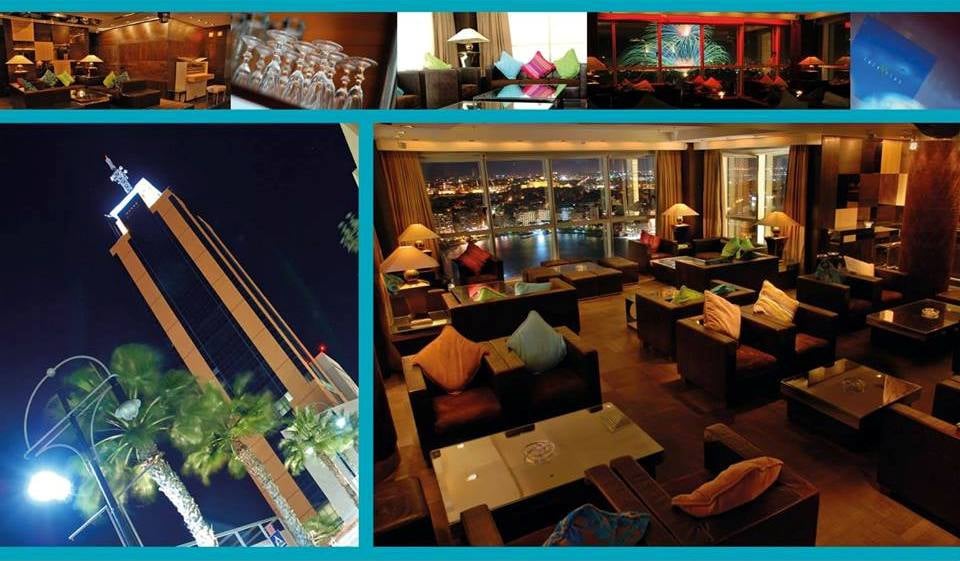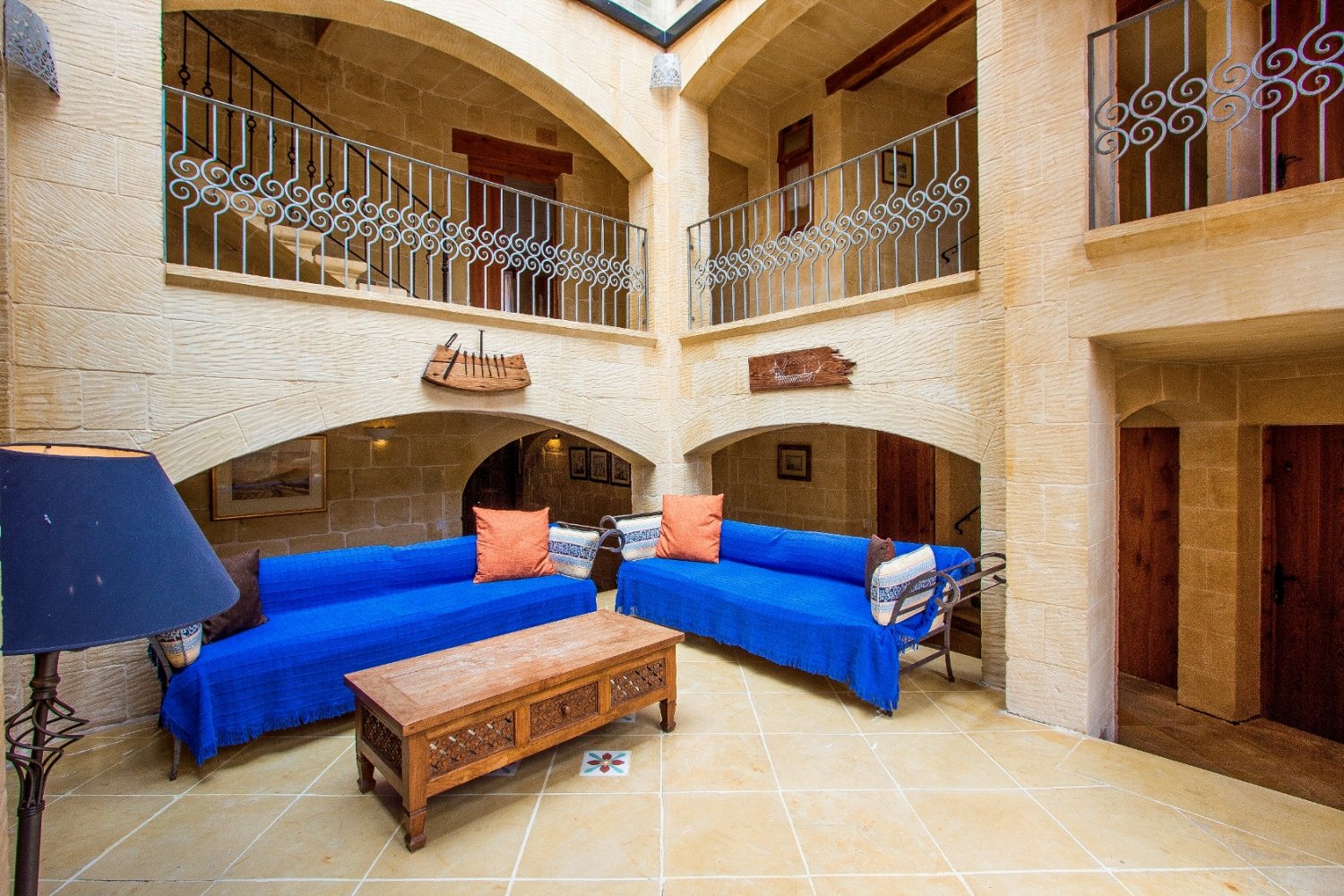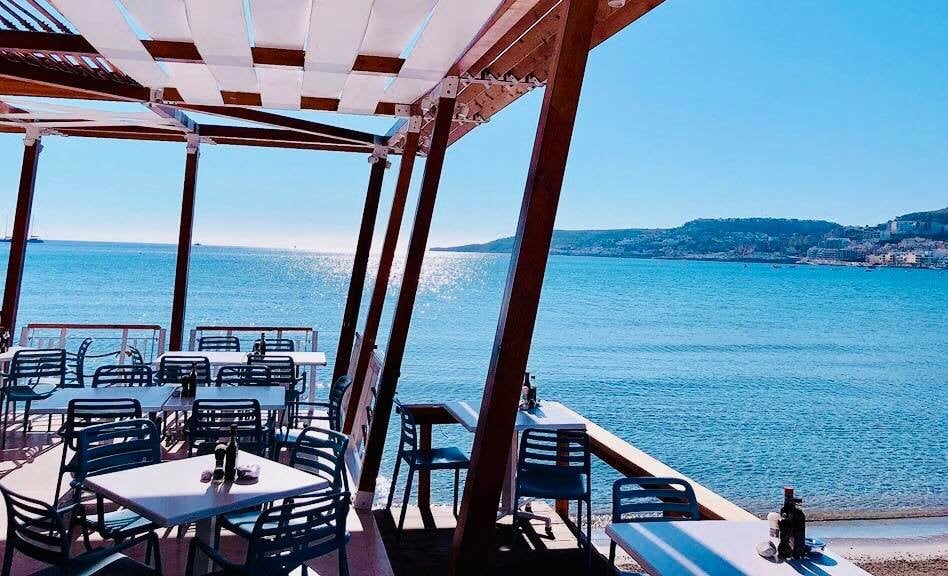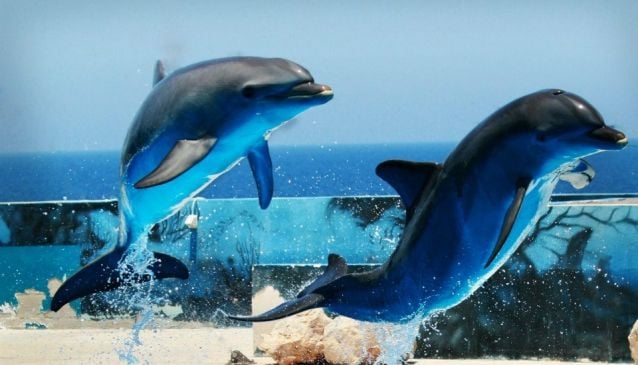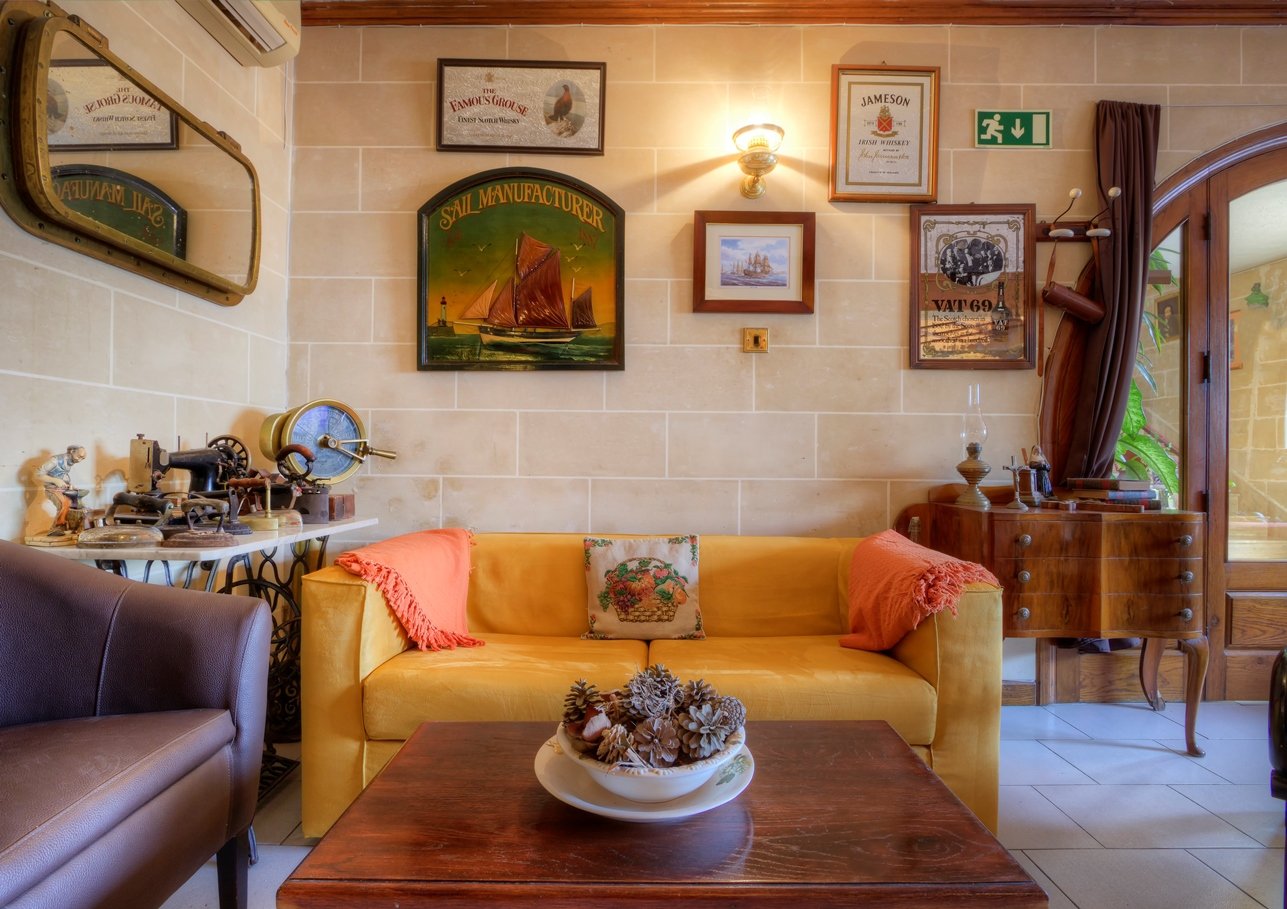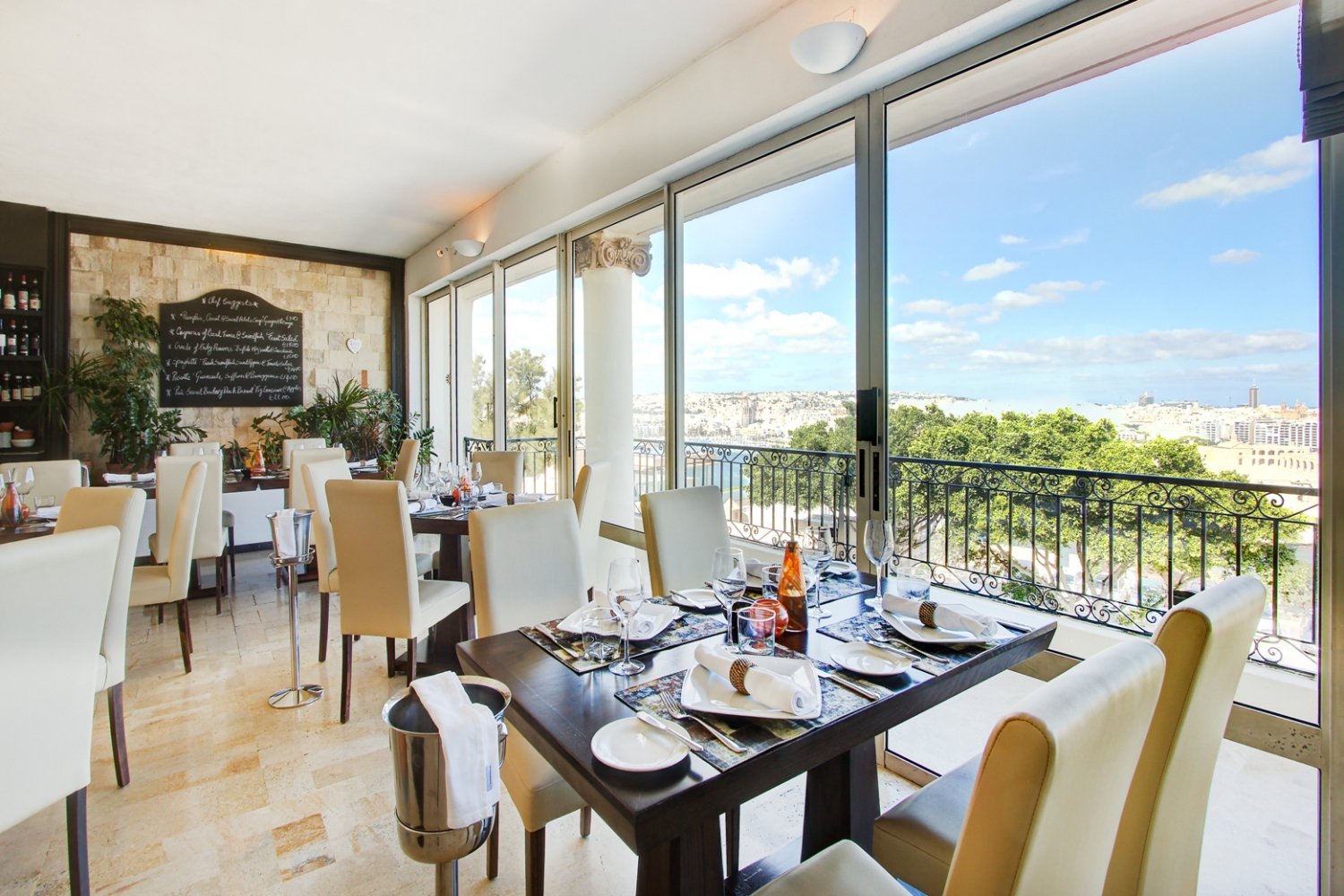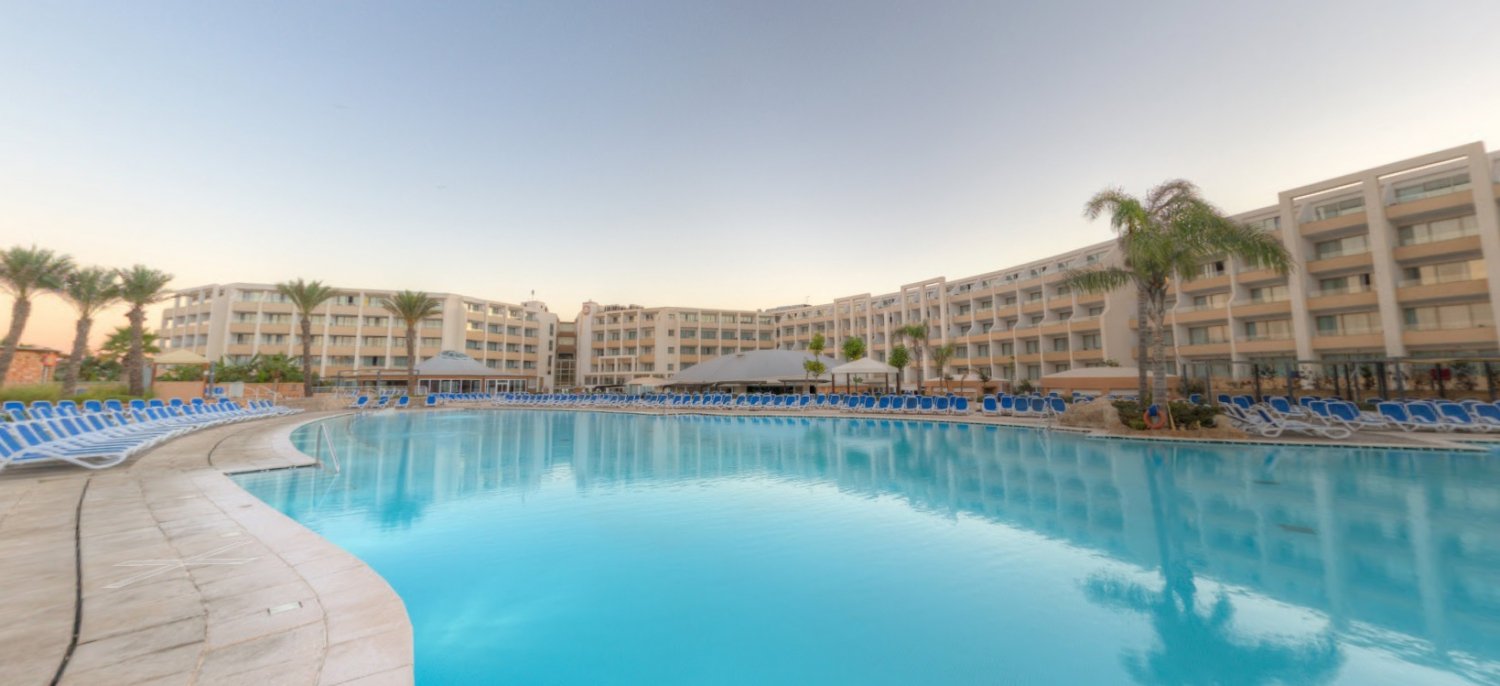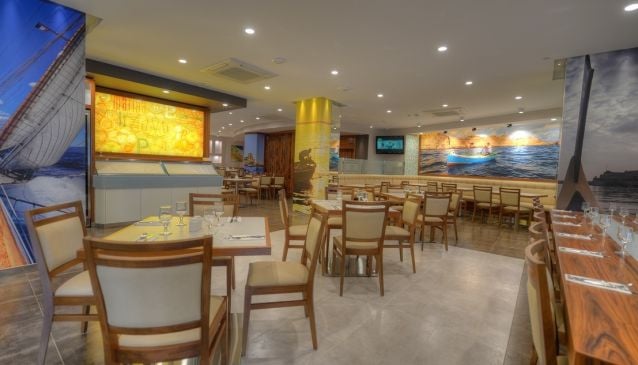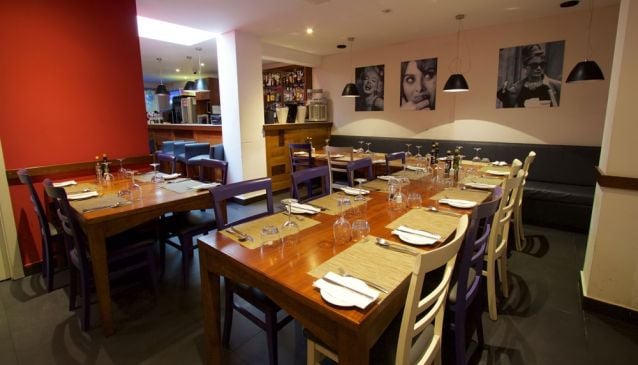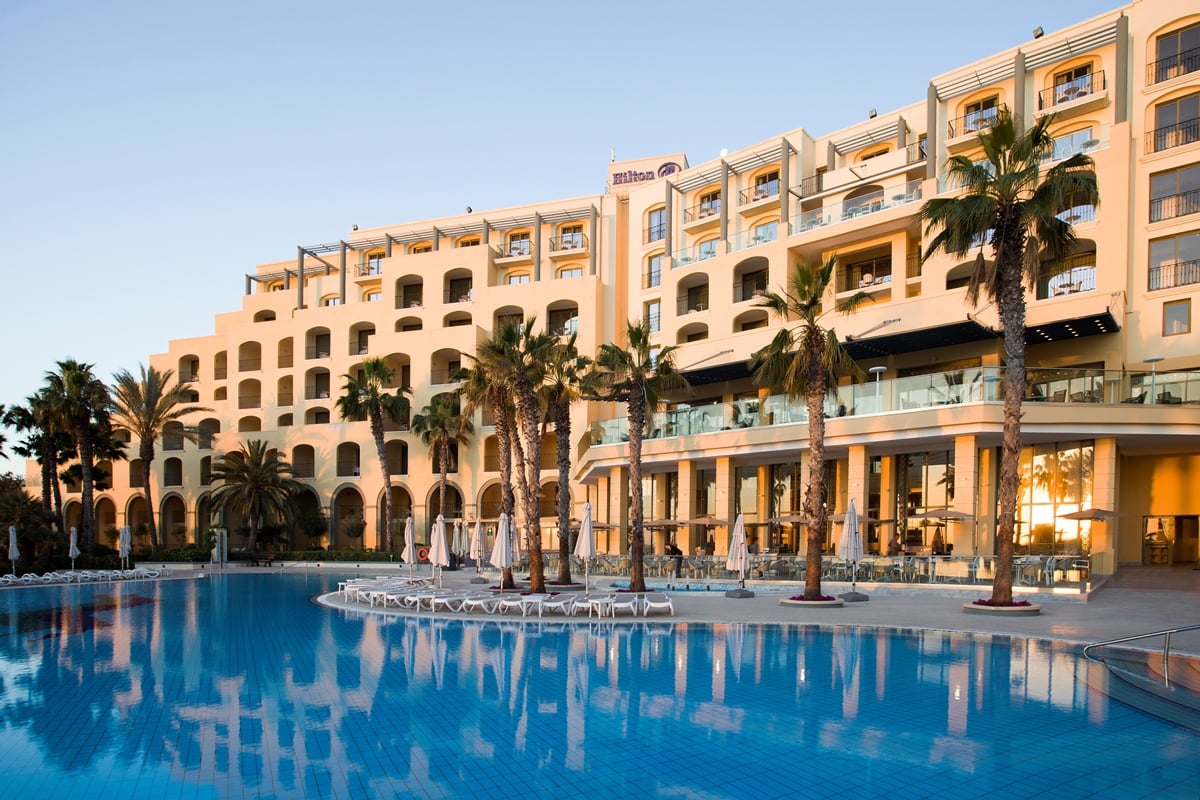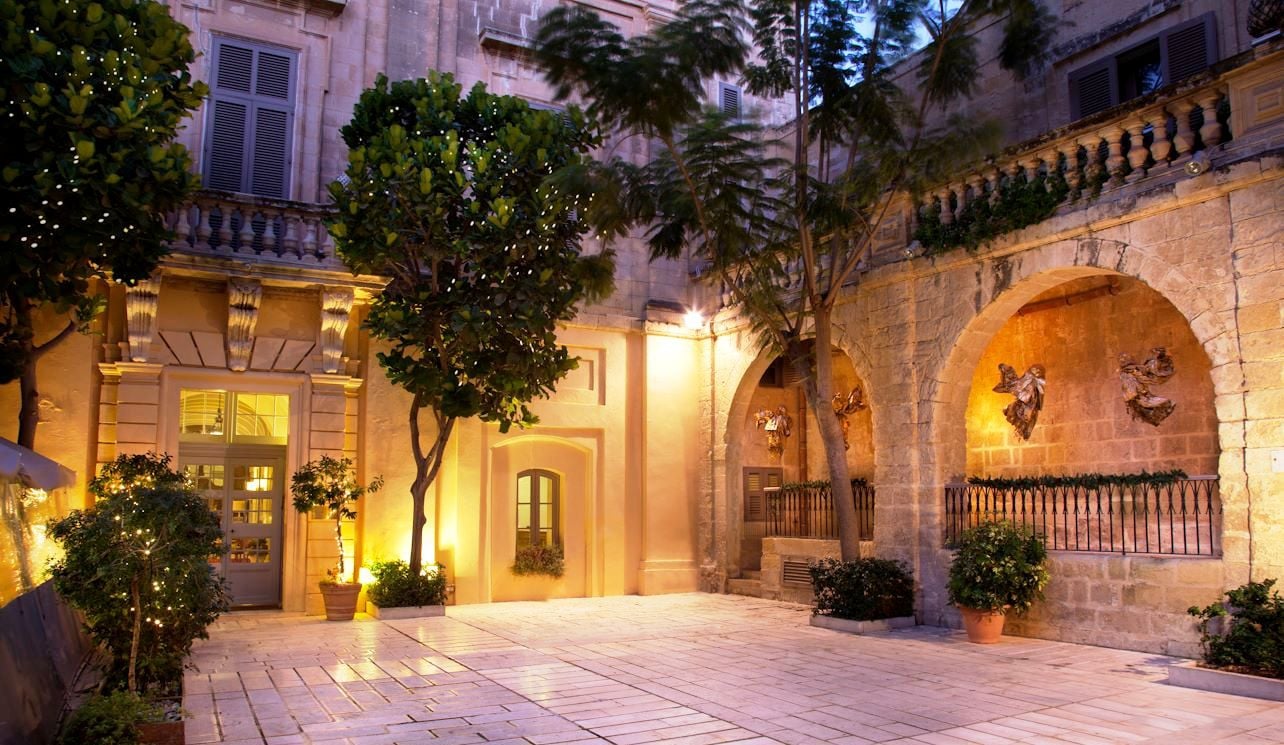How did Malta become the igaming capital of the world?
The island has found itself in one of the most rapidly evolving and profitable areas of tech
Book Top Experiences and Tours in Malta:
If youʻre booking your trip to Malta last minute, we have you covered. Below are some of the top tours and experiences!- From Sliema: Cruise Around Malta's Harbours & Creeks
- Malta: Hop-On Hop-Off Bus Tours
- From Malta: Gozo Full-Day Quad Tour with Lunch and Boat Ride
- Blue Grotto & Sunday Market at Marsaxlokk Fishing Village
- Malta Discount Card up to 50% OFF all over Malta & Gozo
Earlier this year, Maltaâs Prime Minister, Joseph Muscat, announced the nationâs government-led Vision for Video Game Development and Esports. This was just the latest in a whole series of strategic initiatives that have combined to see Malta turn into a powerhouse in the gaming arena.
As well as the governmentâs proactive attitude in driving innovation, the independently run Malta Gaming Authority is among the most respected and influential regulatory bodies in the world. But how is it that an island nation best known for stunning landscapes, great diving and the worldâs fastest snooker player has found itself in this position in one of the most rapidly evolving and profitable areas of tech?
Favorable taxation rules
Those on the outside see Maltaâs rise in the igaming ranks and make the assumption that it is all about businesses wanting to pay less tax. That certainly comes into the equation â after all, what business or individual wouldnât welcome a lower tax bill? However, it is not as straightforward as people might think.
igaming businesses operating in Malta still have various tax obligations to fulfil, including gaming tax and corporation tax. What makes Malta more attractive than other jurisdictions isnât simply that tax rates are lower but that they are better organized. Specifically, companies operating in a B2C environment and providing specific types of gaming services enjoy a lower tax burden than B2B businesses in other gaming areas.
A welcoming environment
There are still some strange and outdated attitudes towards different aspects of gaming around the world, particularly where money is involved. The truth is, however, that online casino gaming and sports betting are activities that are wildly popular. Yet the US is gradually pushing different legislation through at snails pace on a state by state basis, the UK is cracking down on advertising rules and threatening tighter controls. Even Scandinavia is becoming better known for revoking licenses than issuing them.
Malta, on the other hand, is taking a wholly positive attitude, as demonstrated by the Prime Ministerâs words earlier this year. Of course there are rules and there is regulation, but the entire mindset is one of how to achieve things, as opposed to finding reasons not to. There are some large and influential companies in the gambling sector, and unsurprisingly, most of these are based out of Las Vegas, Nevada. However, is it any wonder that many of their new competitors are choosing Malta as a place to either set up a strategic European base or even shift their entire headquarters?
The lure of the EU
Itâs worth remembering what a new and rapidly-growing sector igaming is. Yes, there are established companies that have been in the business for years â more on them in a moment. But there are also many new startups that might have their roots anywhere in the world.
Plenty of these originate in Eastern Europe, and for them, setting up base within the EU makes sense for all sorts of reasons including simplified trade, access to markets, streamlined licensing rules and enhanced credibility in the eyes of investors. If these factors make the EU an obvious choice, then the additional advantages we have already discussed automatically place Malta at or near the top of the list.
The snowball effect
The interesting thing is that the above factors combined to make Malta an attractive location for new startups or businesses from Eastern Europe that were seeking access to EU markets. At the same time, there was a mature UK-based market within the casino and sports betting world that had been rumbling along for years and was slowly evolving with the new demands of the internet age.
As such, the industry had two main European hubs, with the traditional established names based in the UK and the new pretenders for their crown headquartered out of Malta. However, the power is shifting. The never-ending Brexit saga is prompting businesses across multiple sectors to question whether the UK is really the best place to be located and many have either left already or indicated that they will do so.
In the igaming arena, it is not such a clear-cut decision as it might be for Dyson, Barclays or Honda. The UK represents a huge market, as the Brits love their casino games, bingo and sports betting like no other nation. From this perspective, there are some that will argue itâs better to be âinâ than âoutâ post Brexit.
But the prevailing wisdom is that while the UK market is significant, it is dwarfed by the wider potential of the whole EU, even if there are fewer gamers and gamblers per capita in other countries. That, taken alongside a far less progressive attitude from regulators and decision makers is causing many UK-based operators to look at their competitors over in Malta and wonder whether they would be better off joining them.
The crypto connection
Blockchain is becoming increasingly interwoven with gaming. A growing number of igaming sites accept Bitcoin, Ethereum, Tron and the like and there are even crypto-specific casino sites. But this is only part of the story. Social and esport-style games are being constructed on and around a blockchain ecosystem. For the next generation of games, in-game currencies such as gold stars or coins that allow you to acquire assets like upgrades will be useable across other games that exist in the same ecosystem.
That all sounds highly interesting and exciting, but you might wonder what it has to do with Malta? The simple answer is that Malta is as progressive when it comes to crypto as it is with igaming. In fact, it is consistently featured in those âtop tenâ lists that are so popular in cyberspace when it comes to discussing the most crypto-friendly countries on the planet.
Why Malta â why not?
Finally, letâs not miss the elephant in the room. An island paradise with beautiful views, stunning beaches, welcoming people, a temperate climate, great nightlife and amazing seafood. Anyone accustomed to the commuter grind in London, New York, Frankfurt or Tokyo would say that these are good enough reasons in themselves for upping sticks and moving the company HQ at the first available opportunity!



